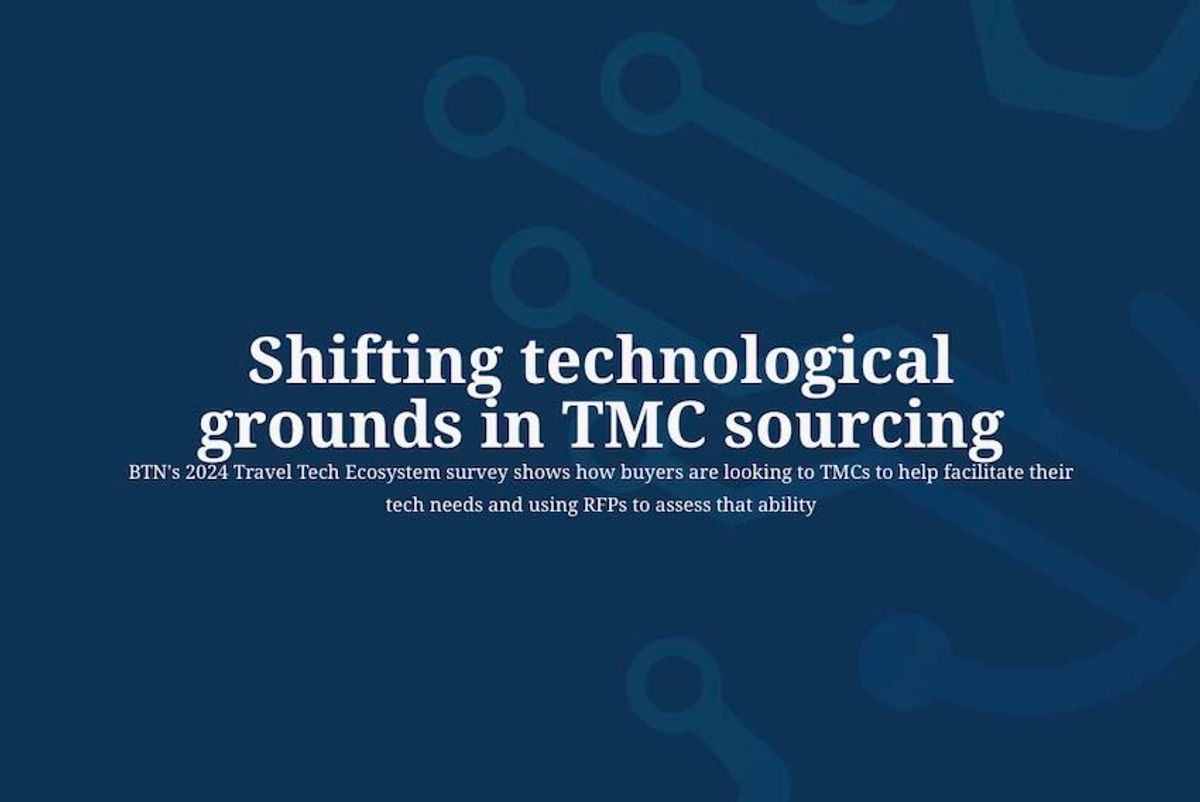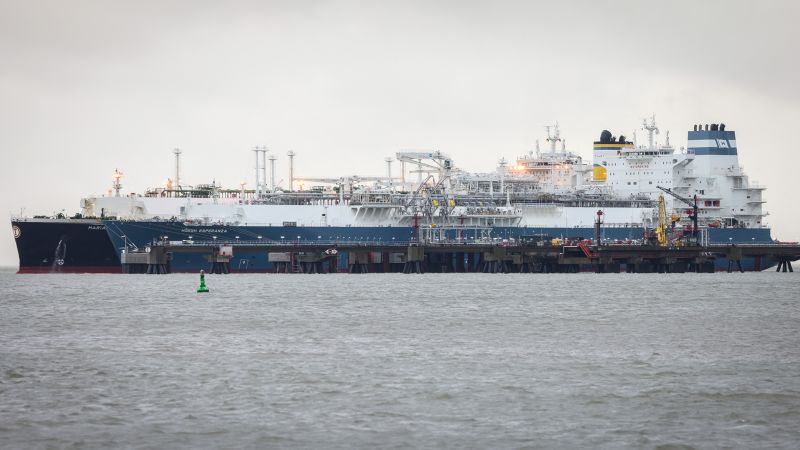Bussiness
Shifting technological grounds in TMC sourcing

Balancing service and tech
Kalka notes an increase in RFPs in which buyers specify direct contracts with outside travel technology providers, with questions surrounding the TMC’s ability to integrate with them.
“We have started to see some RFPs with stated technology,” says Kalka. “As the TMC, we are seeing more of a need to be flexible based on direct contracts that corporations have. That certainly hasn’t lessened any expectation that the TMC brings technology to the table. But because there are technology options and more that you can contract directly and plug into your travel programme… we’ve seen a result [from that]. Years ago we weren’t being asked about a very specific technology and [whether] we can or would be willing to integrate with it.”
Fox’s Kalka notes that TMC staffing levels were a key concern of many buyers in the immediate post-pandemic period, and associated questions about service capabilities gained increased prominence in RFPs. As many TMCs have subsequently returned to traditional servicing ability, he says, “that pain point has started to shift back towards technology, because in my opinion a forward-looking approach is [determining whether] the technology is going to be able to grow with you over the next several years. Service should be a basic expectation of a travel programme.”
One travel manager who spoke with BTN on the condition of anonymity due to an ongoing TMC RFP process in which their company is involved, noted the necessary balance between service and technology in the bid.
“Servicing is at the top of our list. But data is a really important part,” the travel manager said. “One of our current TMCs has really let us down throughout the years, especially when it comes to data, and it’s such an important part of a travel programme.”
What to include and where to get it
An additional wrinkle to the tech procurement process can come when the desired tool is provided by a startup company. There’s real hesitation about startups among BTN’s respondents – only 26 per cent said their organisations had implemented a travel technology solution offered by what they consider a startup, and on an ascending scale of one to five, the average score from respondents about their companies’ openness to doing so was less than three.
The decision to consider a startup will be based in part on organisation need and philosophy. The anonymous travel manager cited mobile solutions, profile management, online booking tools and disruption management, among others, as key technological services about which bidding TMCs were assessed. Not all were able to accommodate the company’s needs, the travel manager said.
The unique particulars of the travel manager’s programme can make startup technology a difficult fit, but the travel manager does like to maintain relationships even with the third-party vendors whose products are sourced through the TMC to help ensure they’re aware of new developments.
“These people talk about these new technologies they’ve got available, but often the TMC doesn’t have that as part of their offering,” the travel manager said.
Startups can provide value in certain situations. EFG’s Haxne says that his company will use TMC-provided tech “for the core stuff,” but “for the things that are specific to our needs, we’ll be looking outside.”
Haxne says he closely monitors the landscape of startup technology companies, often asking peers if they’ve seen anything of interest. Additionally, he noted he has served as an advisor to some startups and sometimes is contacted directly by new entrants.
“There are some small, really smart players out there that don’t get the attention that they need,” says Haxne. “We’re looking at those, the disruptors, the smaller ones, the ones that can be agile, [ones] we can co-develop, even.”
Working with startup companies can help lead to technologies that can be very specifically tailored to the client’s needs, Haxne notes. On the other hand, financial precarity often is a significant risk, and Haxne says it’s important to understand their ability to remain a going concern.
“You make sure that they have a runway long enough,” says Haxne, adding that the client could provide funding particularly to startups with which they are co-developing a product. “That is number one, because the worst thing that can happen is that we go in and work with somebody who has a three-month runway and we are their big bet. That’s never a good thing. They at least have to have some kind of substance behind them.”










